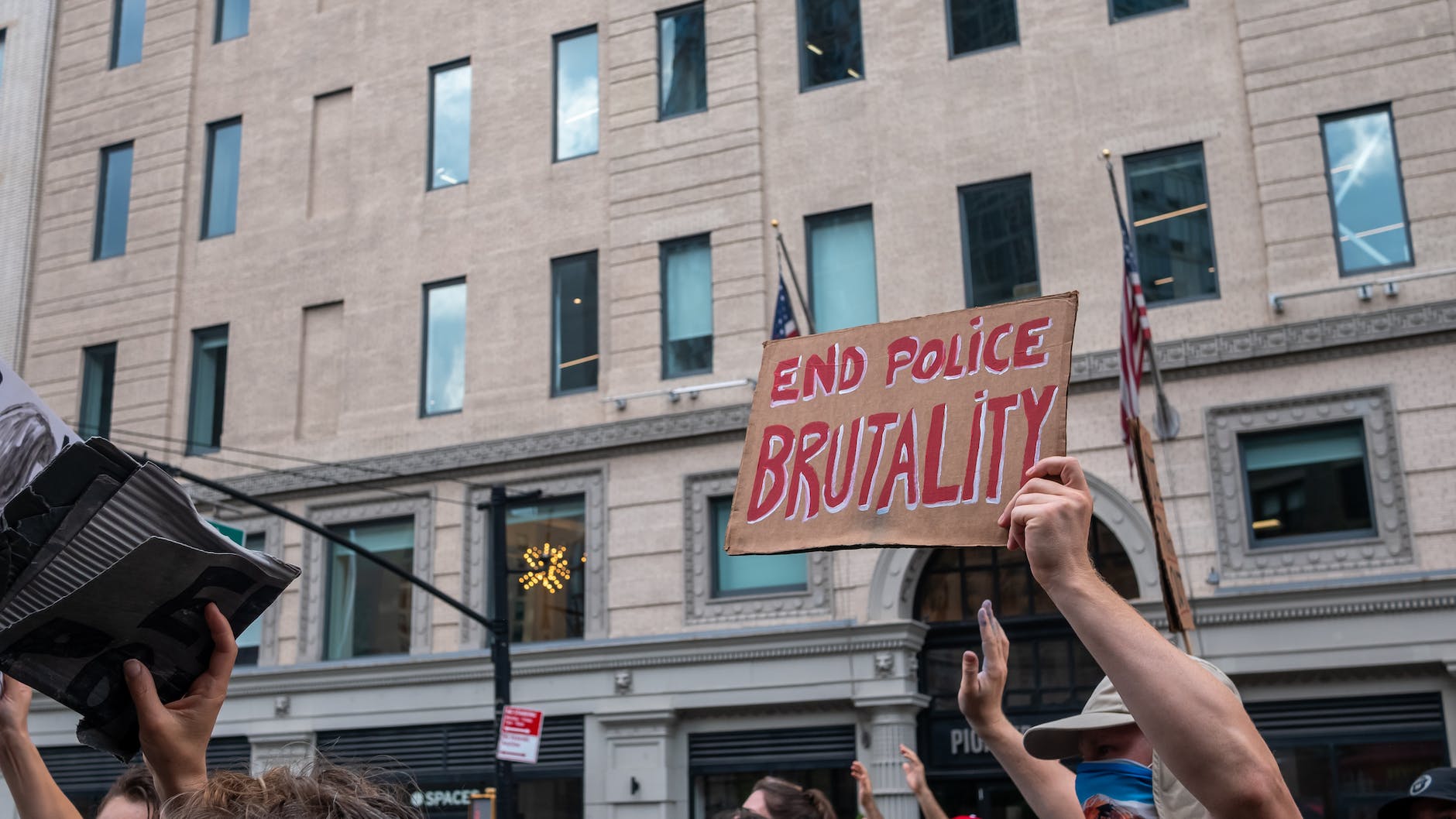
Police Brutality Case In Philadelphia
The police have a duty to protect the citizens of a country from harm. However, they may exercise brutality for several reasons, such as bias and prejudice, power imbalances, lack of accountability, militarization, and stress. Victims of police brutality can be frustrated, angry and helpless when faced with this injustice.
Fortunately, with the right knowledge, tools and personnel, you can win a case against police brutality. A Pittsburgh police brutality lawyer can be a worthy ally during this period and may help you win your case. However, you don’t have to be a legal expert to have a fighting chance. If you know the right steps to take after being assaulted, you’ll increase your chances of victory.
In this article, you’ll learn the crucial elements that can make or break a police brutality case. Keep reading to uncover the secrets that can turn the tides in your favor.
Documenting The Incident
Winning a police brutality case requires gathering solid evidence and thoroughly documenting the incident. Without concrete proof, your case may struggle to gain traction. Before filing a claim, you should capture every detail, ensuring nothing slips through the cracks. The more evidence you have, the stronger your case becomes.
Some powerful pieces of evidence that can vividly depict the incident are videos and photographs. They capture the raw emotions, the physical interactions, and the context surrounding the incident. If you are in a situation where you witness or experience police brutality, pull out your phone and record the incident if it is safe. These visual records will provide a clear account of what transpired.
Apart from videos and photographs, eyewitness testimonies can play a vital role. Witnesses can corroborate your version of events and provide additional perspectives. Locating potential witnesses can be difficult, but it is worth the effort. Start by reviewing any available footage or photographs of the incident to identify bystanders who might have witnessed the events unfold. Reach out to them respectfully, explaining the purpose and importance of their testimony. Not everyone may be willing to come forward, so respect their decisions.
Establishing Police Misconduct
To win a police brutality case, you must establish that the actions of the police officer(s) involved constituted misconduct. It is not enough to show that an incident occurred; you must demonstrate that the officer(s) acted outside the boundaries of their authority or violated your rights. This element is vital in shifting the burden of proof onto the defendant.
Police misconduct can manifest in various forms, such as the use of excessive force, false arrest, racial profiling, or other unconstitutional practices. Excessive force occurs when an officer uses more force than necessary or uses force against an individual who poses no immediate threat. A false arrest occurs when an officer unlawfully deprives you of your freedom without legal justification. Racial profiling involves targeting individuals based on their race or ethnicity rather than on reasonable suspicion or evidence of criminal activity. Each case is unique, and it is essential to identify the specific form of misconduct that occurred in your situation.
Once you’ve identified the type of misconduct that occurred, you’ll need to collect proof to corroborate your story. Gathering evidence of police misconduct can be challenging, as it often involves proving the officer’s state of mind or intentions. However, it is not impossible. Look for any available recordings, whether from surveillance cameras, body cameras, or bystander footage, that might have captured the incident and the actions of the officer(s). If you sought medical treatment, ensure your records clearly show you’re a victim of brutality. A good police brutality lawyer can also help you with these tasks.
Demonstrating Injury Or Damages
In a police brutality case, demonstrating that you suffered physical or emotional injury directly from the incident is vital. Physical injuries may include bruises, cuts, broken bones, or more severe conditions. Emotional injuries, such as trauma, anxiety, or depression, are equally valid and deserve attention. Before documenting your injuries and their impact on your well-being, you should seek medical and psychological evaluations.
Expert testimonies from medical professionals can also play a vital role in validating and linking your injuries to the incident. Through them, the court will know your injuries’ severity and long-term effects and how much you need to recover fully.
When seeking expert testimonies, consult an attorney to identify qualified professionals who can provide objective analysis and evaluations. An attorney’s network and experience handling similar cases can be valuable in finding the right professionals.
Scrutinizing Police Reports
Official police reports often serve as the initial account of the incident. However, they may not always provide an accurate representation of what occurred. Scrutinizing these reports is crucial to uncover inconsistencies, errors, or biases. Compare the report with your account and any available evidence to identify inconsistencies. Additionally, seek the assistance of a lawyer who can thoroughly analyze the report and identify any potential biases or procedural errors. Remember that challenging official reports requires a meticulous approach. Thankfully, many police brutality lawyers can help you navigate this process effectively.
Seeking Legal Representation
Hiring a skilled attorney is crucial in navigating the complexities of a police brutality case. Lawyers have the knowledge and experience to protect your rights and guide you through the legal process.
When seeking a lawyer, look for attorneys who specialize in police brutality cases and have a track record of success. Research their backgrounds, client reviews, and any notable cases they have handled. Consultation meetings with prospective attorneys will help you assess their compatibility and determine if they are the right fit for your case. You should select a lawyer who’s experienced and trustworthy.
Understanding Civil Rights Laws And Precedents
Civil rights laws play a pivotal role in police brutality cases, as they protect individuals from unjustified actions by law enforcement. Understanding these laws and their application to your situation is crucial in building a solid legal argument.
Landmark cases such as Graham versus Connor and Tennessee versus Garner have established essential precedents regarding the use of force by law enforcement officers. These cases have shaped the legal landscape and influenced how police misconduct litigation is approached. Familiarize yourself with such cases to understand how they can relate to your situation.
Navigating The Legal Process
Navigating the legal process in a police brutality case can be complex. From filing the initial complaint to discovery, depositions, and potential settlement or trial, it is crucial to understand the stages involved.
At each stage of the legal process, be prepared to work closely with an attorney. They will guide you through the specific requirements, deadlines, and expectations. While the process may be lengthy and, at times, challenging, remember that you are seeking justice for the harm you have endured.
Wrapping Up
Winning a police brutality case in Philadelphia may seem complex. However, understanding these elements will increase your chances of receiving justice. When pursuing legal action, don’t forget to work with a lawyer. A legal professional will evaluate the specific circumstances of your case, provide tailored advice and hold the responsible officer accountable.






